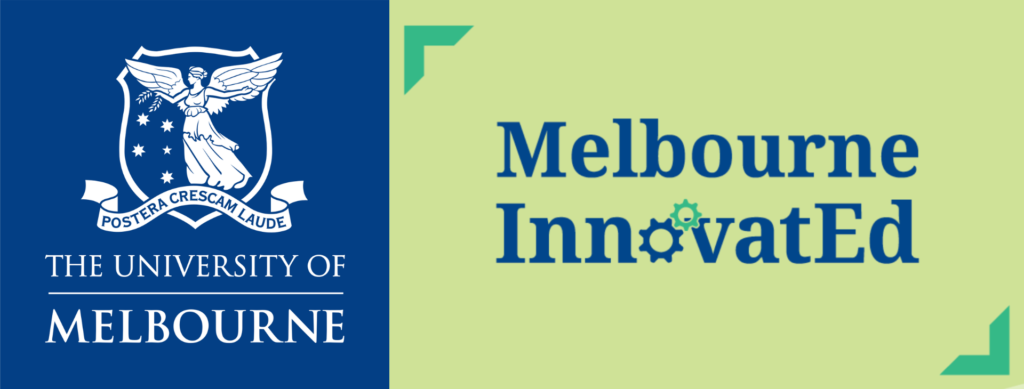Activating Entrepreneurial Mindset
One of the major goals of Illume is to activate the entrepreneurial mindset in our youngsters, so as to prepare them for the future of work or their entrepreneurial ventures. Before we delve into the importance of entrepreneurial mindset, let’s look at a few key definitions. What is Entrepreneurship? The word ‘Entrepreneurship’ is derived from …


